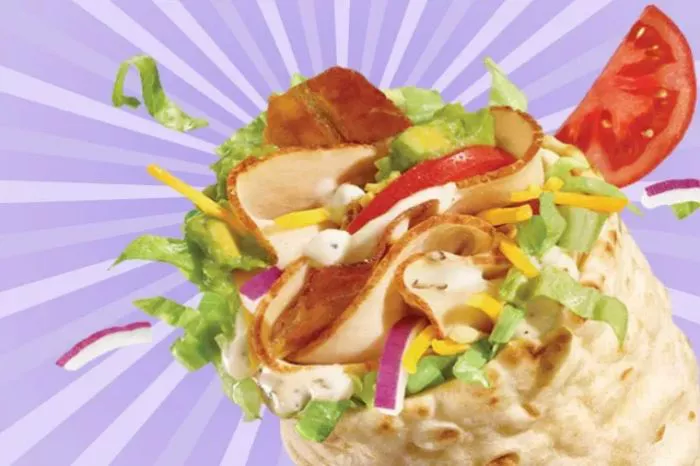Chipotle‘s decision not to franchise before was influenced by several factors, including its unique business model, brand philosophy, and strategic considerations. To understand why Chipotle refrained from franchising for many years, it’s essential to delve into the company’s history, core values, and growth trajectory.
Foundational Philosophy
Chipotle was founded in 1993 by Steve Ells with a vision to create a fast-casual restaurant chain that served high-quality, customizable Mexican-inspired food using fresh, sustainably sourced ingredients. From the outset, Ells aimed to disrupt the fast-food industry by offering an alternative to traditional fast-food options that prioritized taste, transparency, and ethical sourcing.
Focus on Quality and Control
One of the primary reasons Chipotle chose not to franchise initially was its commitment to maintaining control over its food sourcing, preparation methods, and overall brand experience. By owning and operating its restaurants, Chipotle could ensure consistency in food quality, portion sizes, and customer service across all locations.
Brand Identity and Integrity
Chipotle cultivated a distinct brand identity centered around its “Food With Integrity” philosophy, which emphasized using responsibly sourced ingredients, such as hormone-free meats, organic produce, and locally sourced products whenever possible. Franchising could potentially dilute the brand’s commitment to quality and sustainability if franchisees were not aligned with Chipotle’s values and sourcing standards.
Operational Complexity
Chipotle’s assembly-line production model, where customers could customize their meals by selecting from a variety of fresh ingredients, contributed to its popularity and differentiation in the market. However, this model required a high level of operational consistency and efficiency, which might have been challenging to maintain through franchising, especially in the early years when systems and processes were still being refined.
Financial Stability and Growth Strategy
Chipotle experienced rapid growth and success in its early years, fueled by its innovative concept, word-of-mouth marketing, and loyal customer base. The company chose to prioritize company-owned expansion and reinvest profits into opening new locations rather than pursuing franchising as a means of growth. This allowed Chipotle to maintain financial stability and retain control over its growth trajectory.
Market Differentiation and Competitive Advantage
Chipotle positioned itself as a leader in the emerging fast-casual segment, distinguishing itself from traditional fast-food chains and casual dining establishments. By maintaining control over its operations and brand, Chipotle could preserve its competitive advantage and differentiate itself in a crowded market.
Changing Landscape and Considerations
While Chipotle initially refrained from franchising, the company’s stance evolved over time as it achieved scale, established brand recognition, and refined its operational model. In recent years, Chipotle has explored franchising opportunities, particularly in international markets where local expertise and partnerships could facilitate expansion.
Conclusion
Chipotle’s decision not to franchise before was rooted in its commitment to quality, brand integrity, and operational excellence. By owning and operating its restaurants, Chipotle could control every aspect of the customer experience, from ingredient sourcing to food preparation to service. While franchising offers potential benefits such as rapid expansion and geographic reach, Chipotle prioritized maintaining its brand identity and competitive advantage through company-owned growth. As the company continues to evolve and explore new growth opportunities, franchising may play a more significant role in its expansion strategy, particularly in international markets where local partnerships can support its global ambitions.

